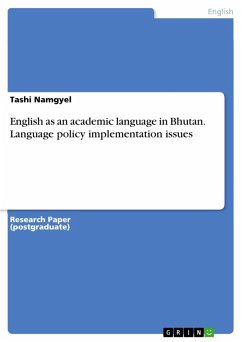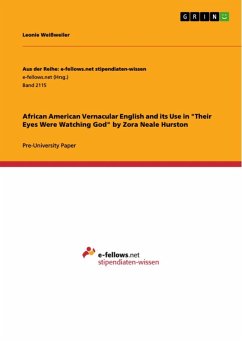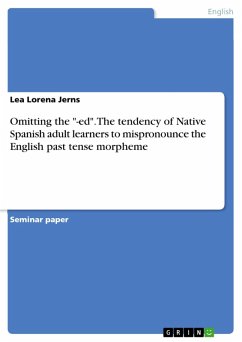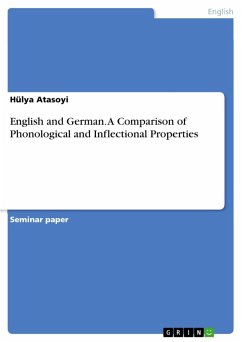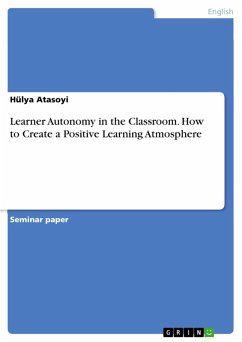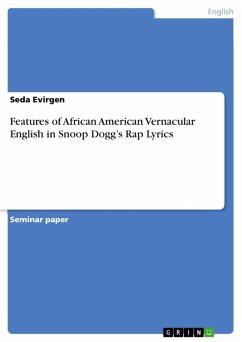Research Paper (postgraduate) from the year 2012 in the subject English Language and Literature Studies - Linguistics, , language: English, abstract: This study was planned to investigate Gonpasingma Lower Secondary School teachers and students' reflections on a required Dzongkha English language policy. The study was made through the use of notes on observations and expressed concerns which were intended to develop a consensus with regard to the required amendment. Phenomenology was employed since this design helps in knowing abiding concerns regarding the "language policy" and of lived experience. Data were gathered through formally written answers from all the twenty-four respondents. Earlier language policy was established through strict regulations imposed by the school authority. Soon after withdrawing the existing practice, students returned to their habit of speaking their own vernacular languages. Compared to English, students did feel comfortable to speak Dzongkha (the national language). Our findings are that in spite of well-known difficulties, teachers need to provide adequate guidance by being role model whereby students will understand the correlation of native language and second language, and the adverse effect of avoiding Dzongkha and English.
Dieser Download kann aus rechtlichen Gründen nur mit Rechnungsadresse in A, B, BG, CY, CZ, D, DK, EW, E, FIN, F, GR, HR, H, IRL, I, LT, L, LR, M, NL, PL, P, R, S, SLO, SK ausgeliefert werden.
Hinweis: Dieser Artikel kann nur an eine deutsche Lieferadresse ausgeliefert werden.

